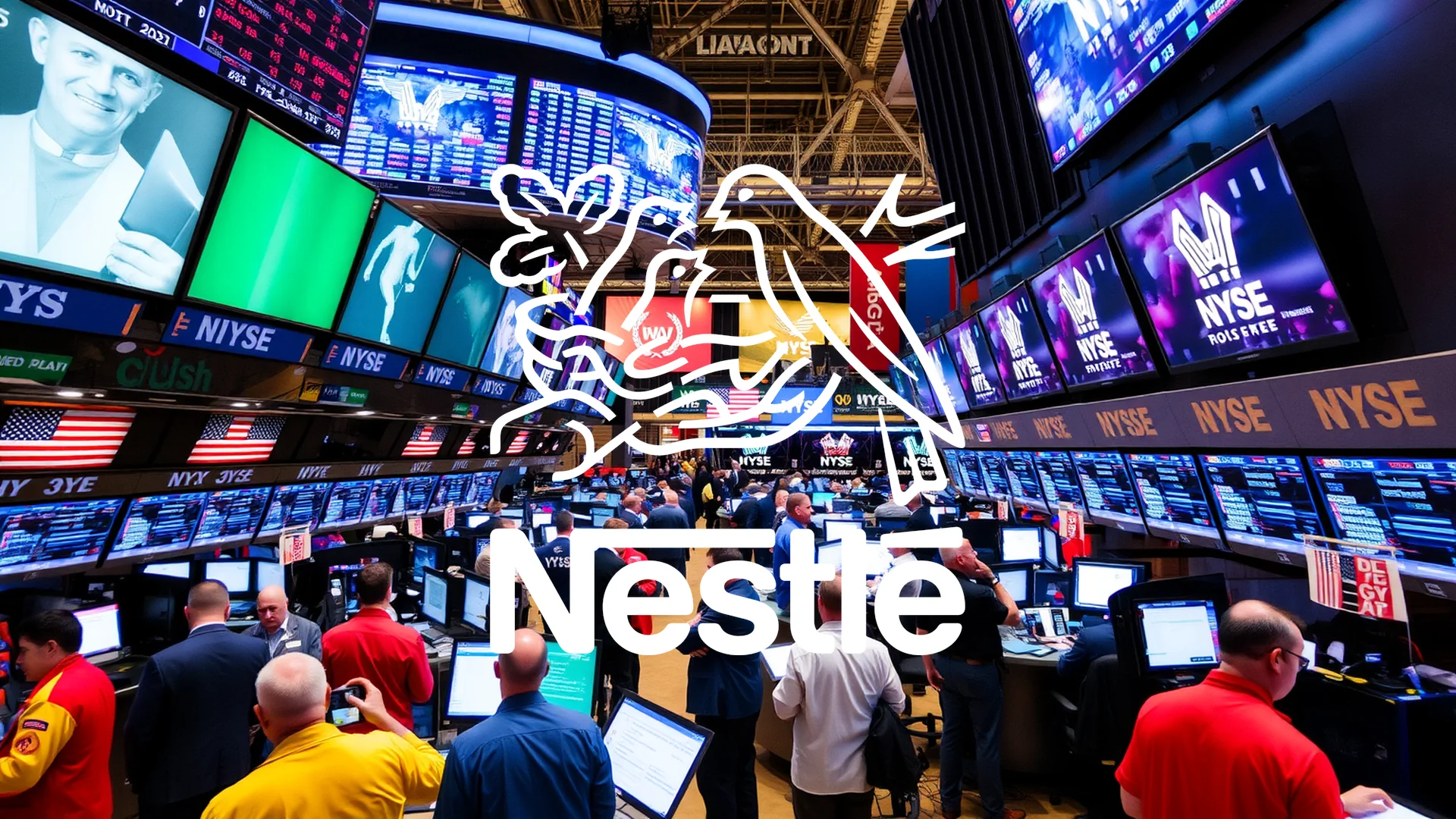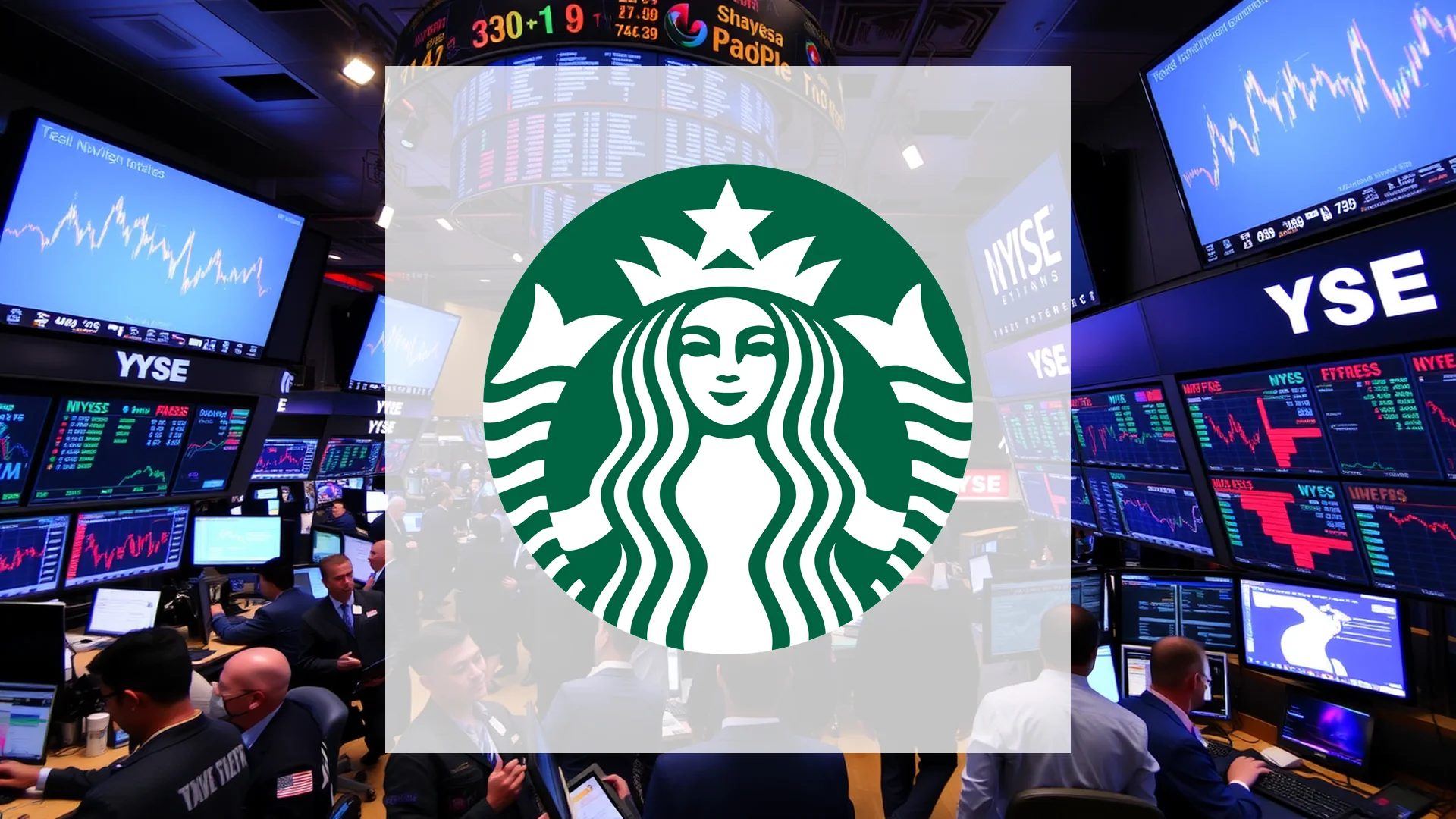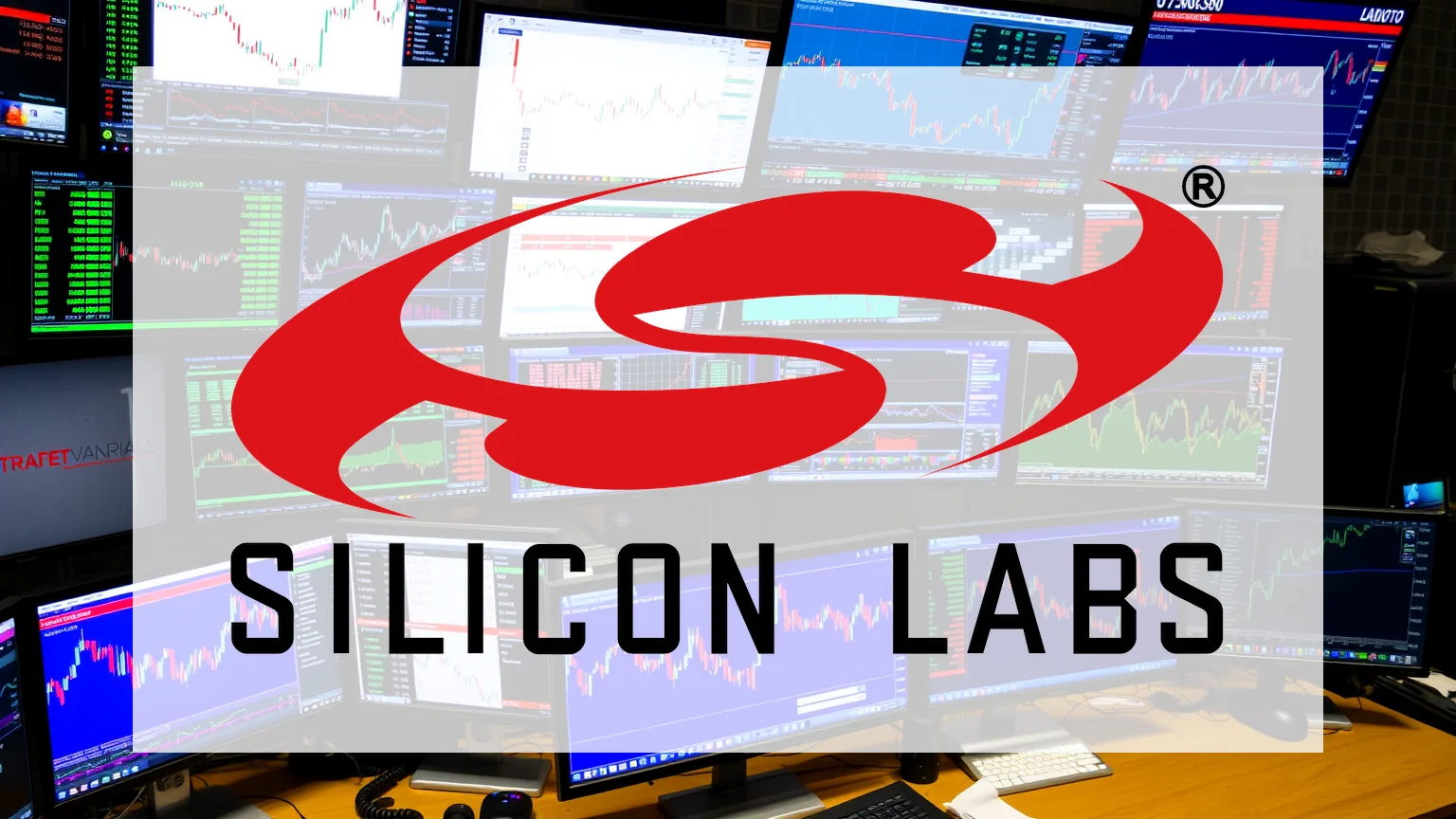Nestlé’s newly appointed CEO, Philipp Navratil, is implementing sweeping changes at the Swiss food conglomerate, announcing one of the most significant workforce reduction initiatives in the company’s history. The planned elimination of approximately 16,000 positions comes alongside management’s reaffirmation of full-year guidance, creating a complex narrative for investors to digest.
Strategic Realignment Through Workforce Reduction
Navratil’s transformative strategy centers on a substantial restructuring program scheduled to unfold over the coming two years. The elimination of 16,000 roles represents an unprecedented workforce reduction for the established consumer goods giant, with the primary objectives being operational margin improvement and enhanced organizational agility.
Central to this transformation is the “Fuel for Growth” initiative, which now targets increased cost savings of 3.0 billion Swiss francs by 2027. The extensive job cuts serve as the fundamental mechanism for achieving these ambitious efficiency targets.
Market Reaction: Cautious Investor Sentiment
Despite some positive fundamental indicators, market participants have responded with measured caution to the announced restructuring. Investors appear to be weighing the immediate risks and implementation costs associated with the radical transformation more heavily than the potential long-term efficiency benefits.
Several encouraging data points provide grounds for optimism:
Should investors sell immediately? Or is it worth buying Nestle?
- Third-quarter organic growth accelerated to 4.3%
- Full-year outlook remains unchanged
- Early strategic initiatives demonstrate initial effectiveness
Nevertheless, uncertainty continues to overshadow Nestlé’s equity story as market observers question whether Navratil can execute such comprehensive restructuring without disrupting core business operations.
Critical Juncture: Transformation or Turbulence Ahead?
The company faces a classic corporate dilemma: persistent challenges in the Chinese market demand decisive action, while substantial workforce reductions introduce significant operational execution risks.
Nestlé shares currently trade at 87.62 euros, remaining considerably below their 52-week peak of 94.88 euros. The security’s recent appreciation of over 7% within a 30-day window indicates that some investors are betting on a successful corporate turnaround.
The ultimate test lies ahead: Can Nestlé successfully balance aggressive cost-cutting measures with sustainable growth momentum, or will the organization become constrained by the complexities of its own transformation? The answer to this question will ultimately determine the stock’s future trajectory.
Ad
Nestle Stock: Buy or Sell?! New Nestle Analysis from February 7 delivers the answer:
The latest Nestle figures speak for themselves: Urgent action needed for Nestle investors. Is it worth buying or should you sell? Find out what to do now in the current free analysis from February 7.
Nestle: Buy or sell? Read more here...










